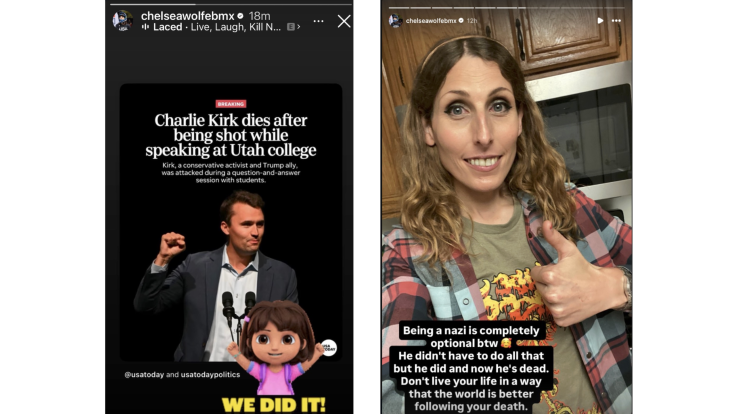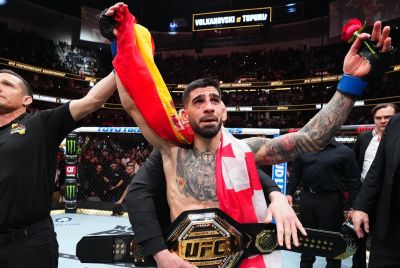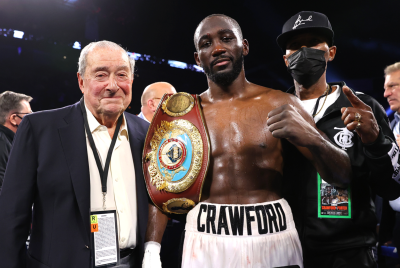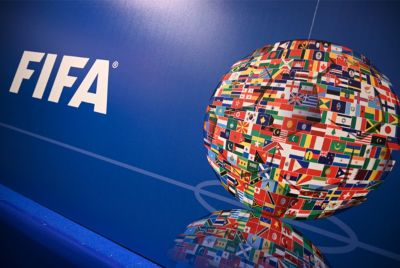'Autistic, Queer and Weird' Trans Olympian Chelsea Wolfe Sparks Fury for Celebrating Charlie Kirk's Death
Controversy erupts as Wolfe shares celebratory messages, calling Kirk a 'Nazi', prompting condemnation from USA Cycling and public figures

In a sudden escalation of tensions around political violence and free speech in sport, American BMX rider Chelsea Wolfe has provoked widespread backlash after celebrating the assassination of conservative activist Charlie Kirk on social media.
Chelsea Wolfe, born 5 May 1993, became the first openly transgender person to qualify as an Olympic alternate for the US in freestyle BMX in Tokyo 2021.
On 10 September 2025, Charlie Kirk was fatally shot while speaking at Utah Valley University during his 'American Comeback Tour' event. Authorities have since arrested a suspect, 22-year-old Tyler Robinson, on charges of aggravated murder, obstruction of justice and other counts.
Social Media Outrage and Wolfe's Posts
Shortly after the news of Kirk's death broke, Wolfe posted a series of Instagram Stories, which many interpreted as celebratory. One featured a USA Today headline on the assassination with a 'We did it!' sticker placed over it, using imagery from the children's character Dora the Explorer.
Another post showed Wolfe giving a thumbs up in a smiling selfie, captioned:'Being a Nazi is completely optional btw. He didn't have to do all that, but he did and now he's dead. Don't live your life in a way that the world is better following your death.'

Wolfe also reposted other content calling Kirk a 'Nazi', and sharing messages seen by critics as glorifying his death.
Institutional Responses and Context
USA Cycling, the national governing body for the sport, issued a statement distancing itself from Wolfe's remarks. The organisation specified that Wolfe has not been a member of USA Cycling or its national team since 2023. Its spokesperson emphasised that Wolfe's views are her own and do not reflect the organisation.
Notably, Wolfe's elite BMX freestyle career in women's categories has been the subject of controversy. In 2023, the international cycling body enacted rules barring transgender athletes from competing in women's events, which effectively ended her eligibility under those categories.
Public figures from across the political spectrum have weighed in. Martina Navratilova, known for both her sports legacy and her outspoken views on gender issues, has condemned Wolfe's posts.
Meanwhile, protest footage from a recent USA Cycling event shows Wolfe allegedly confronting a woman holding a sign stating 'No males in female cycling', telling her to 'go suck a sawed-off shotgun', among other profanities.

Free Speech, Political Violence, and Sport
The assassination of Charlie Kirk has already set off a storm of debate in the US over political rhetoric, extremism and the boundaries of acceptable discourse. Prosecutors claim the suspect, Tyler Robinson, had expressed opposition to Kirk's views online and may have been motivated by them.
The incident has raised concerns about security at political events, public safety and the vulnerability of public figures — especially in a polarised climate.
Wolfe's response, in this context, has become part of the larger conversation about the responsibility of public figures, especially athletes, to uphold ethical standards, regardless of their personal politics. The debate intersects issues of gender, transgender rights in sport and how institutions respond when athletes make political statements that many consider inflammatory or morally questionable.
Critics argue that Wolfe's actions normalise violence or celebration thereof. Supporters counter that criticism should consider the intensity of Kirk's own statements, the role of provoking extremism in politics and free speech protections. There is no indication at present that Wolfe will face formal sanctions from legal authorities, though reputation, sponsorships and organisational affiliations are clearly under strain.
In the wake of this controversy, many are asking: where is the line between free expression and celebrating political violence? And how do sports governing bodies balance athlete rights with broader public responsibilities?
© Copyright IBTimes 2025. All rights reserved.





















